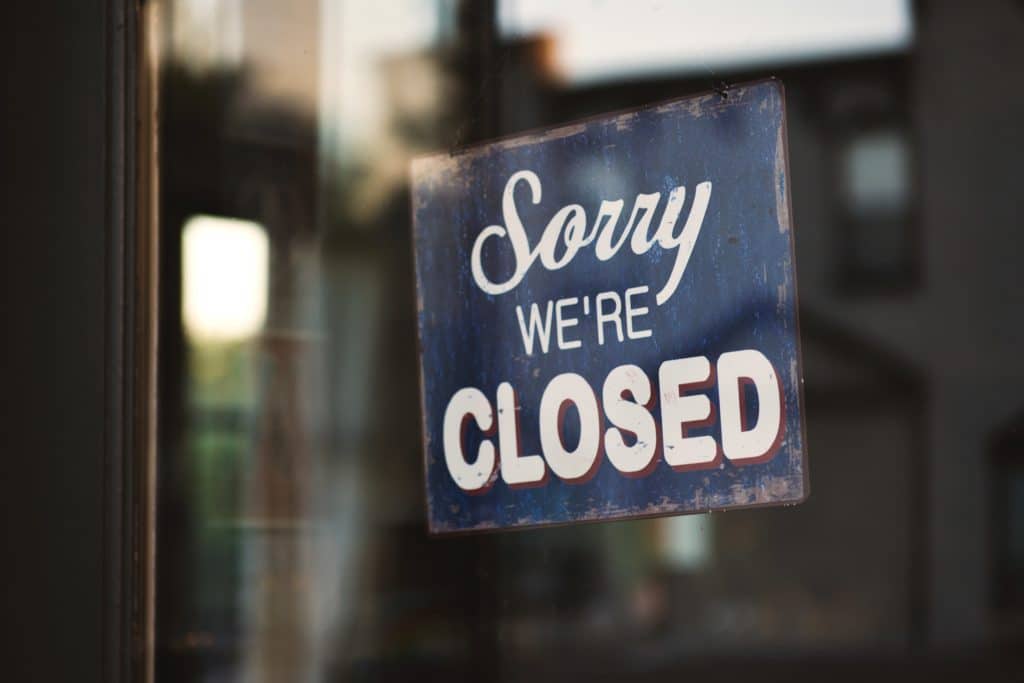 No industry has been more broadly and significantly affected by the current COVID-19 health crisis than the nation’s restaurants. The most common, and in many cases, most pressing question we have been getting from our restaurant clients is “What does my lease say about this?” The answer has been pretty much universal: “Nothing.” This is an unprecedented situation, and one that even the most complex restaurant leases failed to contemplate.
No industry has been more broadly and significantly affected by the current COVID-19 health crisis than the nation’s restaurants. The most common, and in many cases, most pressing question we have been getting from our restaurant clients is “What does my lease say about this?” The answer has been pretty much universal: “Nothing.” This is an unprecedented situation, and one that even the most complex restaurant leases failed to contemplate.
That does not mean, however, that my client’s restaurant leases (and likely yours) do not have terms and provisions that are implicated by the crisis, and the mandatory shutdowns that have accompanied it. Here are a few:
- Force Majeure. A force majeure clause in Lease excuses performance of lease obligations in the event of major unforeseen or catastrophic events out of the control of the parties to the lease. Examples are wars, natural disasters, governmental actions, and the like. These clauses have been the most asked-about by my clients as a forced governmental closure due to worldwide pandemic would certainly seem to qualify as a force majeure event. And, they are right – it does. The problem is that in nearly all instances, force majeure clauses specifically exclude obligations to pay rent, which continue even in the event of such an event. So, thus far, we have not found force majeure clauses to excuse any restaurant tenant’s failure to pay rent. They may forgive other things that would otherwise be a breach or default, however, as explained further below.
- Required Opening Dates and Continuous Operations. Most restaurant leases require tenants to open by a date certain, and then maintain continuous operations after the required opening date. Many also include minimum hours of operation. Clearly, in the event of a governmental shutdown of restaurant operations, it would be impossible, or even illegal, for a tenant to comply with these terms. In such a case as this, a force majeure clause can prevent a tenant from being held in default for failing to open on time, or to remain open thereafter. Again, the tenant would still be required to pay rent, but they would not be held in default for their other failures to perform under the lease.
- Monetary and Non-Monetary Defaults. As explained above, a restaurant lease’s terms will probably not save a restaurant owner from a monetary default for failure to pay rent, but it will likely prevent any default for a performance (i.e. non-monetary) failure. That does not mean, however, that tenants should ignore Landlord default notices – even for non-monetary defaults. And, even if courts are closed and eviction actions cannot be brought (or executed on), tenants should pay attention to the consequences of monetary defaults. Even if a tenant cannot be evicted, many leases contain other important consequences for defaults, including forfeiture of option rights and loss of guaranty limitations. The far better option is to work with your Landlord before any default occurs, preferably to obtain a rent abatement or other arrangement where the Landlord agrees to forego some or all rent payments for some period of time (and not declare a default) in exchange for some other concession or arrangement.
This post is, of course, not exhaustive of all provisions in your Lease that might be implicated by the current restaurant closure crisis, and it certainly should not be considered legal advice for you. But it should give restaurant owners a starting point of what they should be thinking about as we work our way through these unprecedented times.
